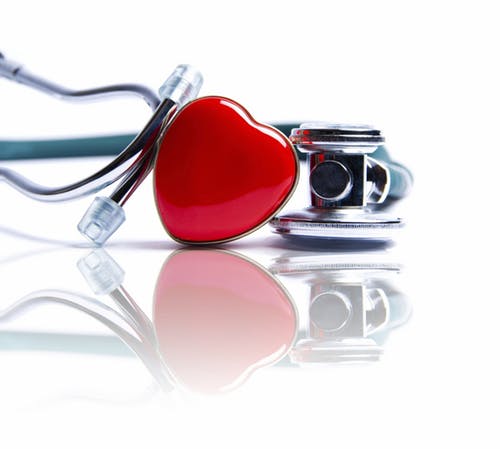The terms heart disease and cardiovascular disease are ones that are much discussed in the news and mainstream media but despite this many people still, don’t understand what these are and, more importantly, what the symptoms are and how worried they should be.

Many of those who come to a London cardiovascular clinic often express surprise on being made aware that symptoms which they believed to be minor can, in fact, turn out to be something of great concern. Cardiac problems do not always present themselves in obvious ways and some heart issues can start with pain or discomfort elsewhere in the body. Here are some of the main cardiac symptoms to be on alert for:
Discomfort in the Chest
Heart problems do not necessarily show up as dramatic, chest-clutching pain. Sometimes you may feel a little tightness, pressure or light pain in your chest or simply a feeling of discomfort. Many dismiss these feelings as indigestion or a ‘pulled muscle’. If this is truly the issue then the feelings will be fairly brief. When symptoms such as these last for more than a few minutes or they come on whilst you’re at rest then you should arrange to see a cardiologist. Severe chest pain should always necessitate dialling 999.
Nausea, Heartburn or Stomach Pain
It is quite common for nausea and stomach pain to be present during a heart attack, especially for women who often display differing symptoms from men. If you suffer from frequent nausea, stomach pain or discomfort, or heartburn and your GP has ruled out the usual causes for these you should visit a cardiologist for further investigations. Be aware that if you experience pain at the same time as feeling sick, especially if you are resting, you should consider this an emergency.
Sweating
Sweating by itself is not a cause for concern but if you find yourself feeling clammy when you haven’t been particularly active and if you experience chest pain as well this could indicate that you are having a heart attack. Even if your symptoms are mild and sporadic you should always get them checked out by a cardiologist.
Pain in the Arm, Neck, Back or Jaw
Heart attacks do not always present as chest pain alone; pain could be felt elsewhere. If you feel the pain which goes down your arm, particularly the left arm, or it seems to be going into the jaw or neck and it doesn’t go away, this could be an emergency situation. Sometimes pain can be felt in the back or around the mid-section which is unrelated to any physical activity or normal muscular pain. Even if your pain symptoms as described here are relatively mild or erratic don’t ignore them. Always ask your doctor to refer you to a cardiologist for a thorough investigation.
Leg Pain
A frequent feeling of cramp in the calves while walking could indicate peripheral arterial disease so visit a doctor as soon as you can.
Swelling of the Ankles
Heart failure can be marked by swelling of the ankles and sometimes of the abdomen as well, which comes on during the day and recedes somewhat through the night while you sleep. It is a build-up of fluid because your heart is failing to circulate blood around the system properly. Always see your GP first to ascertain whether the swelling is caused by any medication you are taking such as blood pressure tablets.
Irregular Heartbeat
If you feel any changes in your heartbeat, for instance, it beats fast or erratically when you haven’t been exercising, this should be checked out, as is any sudden non-exercise-induced fatigue.
